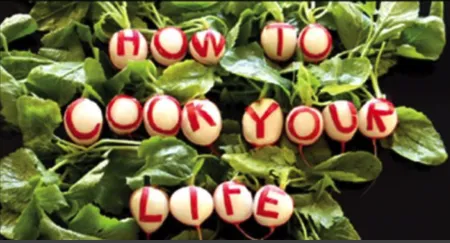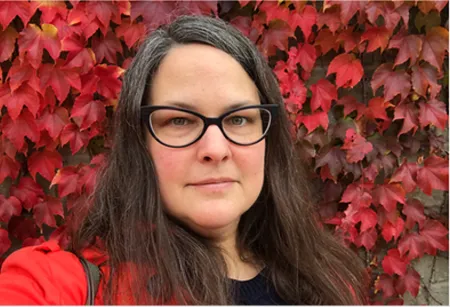On the night I saw Doris Dörrie’s How to Cook Your Life (2007), snow drifts lined the sides of Home Dairy Alley.
Students, scholars, and community members packed the old Cinemapolis basement theater. After the cold darkness of the Ithaca winter, it felt fantastic to be ensconced in such a warm and dynamic crowd.
How to Cook Your Life is a documentary about Zen teacher, baker, and author Edward Espe Brown. The film follows Brown as he offers cooking classes in Buddhist centers from Austria to California. The homey, stocked kitchens of the Zen centers are filled with produce and with sustainable, intentional activity. Brown and his students cut carrots and knead bread and wash dishes and laugh and meditate together.
The documentary argues that Zen meditation and kitchen work are activist practices of paying attention, being present, ongoing learning, and caring for the planet.
Dörrie captures Brown’s playful Zen practice in a series of segments, each introduced with a koan-like intertitle like “Fiasco” or “Free Your Hands!” superimposed on a luscious close-up image of fruits or vegetables.
In a sequence entitled “Cutting Through Confusion,” Dörrie juxtaposes Brown speaking calmly to his students about resisting aggression by bringing things into their hearts with a scene of him angrily poking, twisting, and stabbing at a recalcitrant plastic wrapper on a block of cheese.

